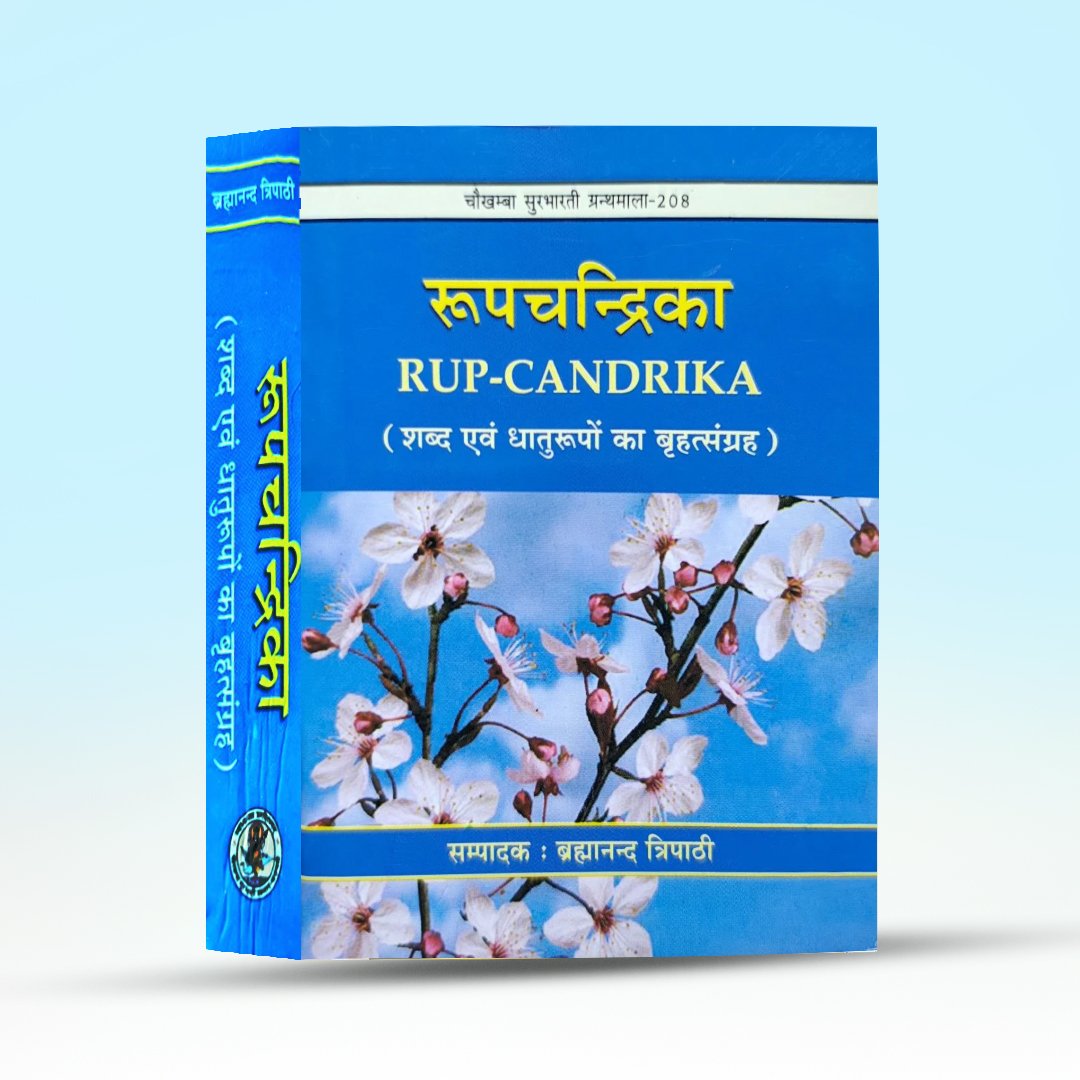Sanskrit Book Nitisatakam - Sanjit Kumar Sadhukhan [Sanskrit Book Depot]
Niti Satakam
Rs. 180.00
Rs. 225.00
20% Off
"Nitisatakam" is an important work by Bhartrihari that discusses ancient Indian societal ethics. It includes translated shlokas and question-and-answer formats.
Quantity:
-
Binding Type :
Paperback
-
Published Date :
2022
-
Pages:
224
-
Weight:
225 (gms)
-
Language:
Bengali
-
Publishers:
-
Tags:
Share it on:

100% Secure
Payment

All India
Delivery

100% Genuine
Product


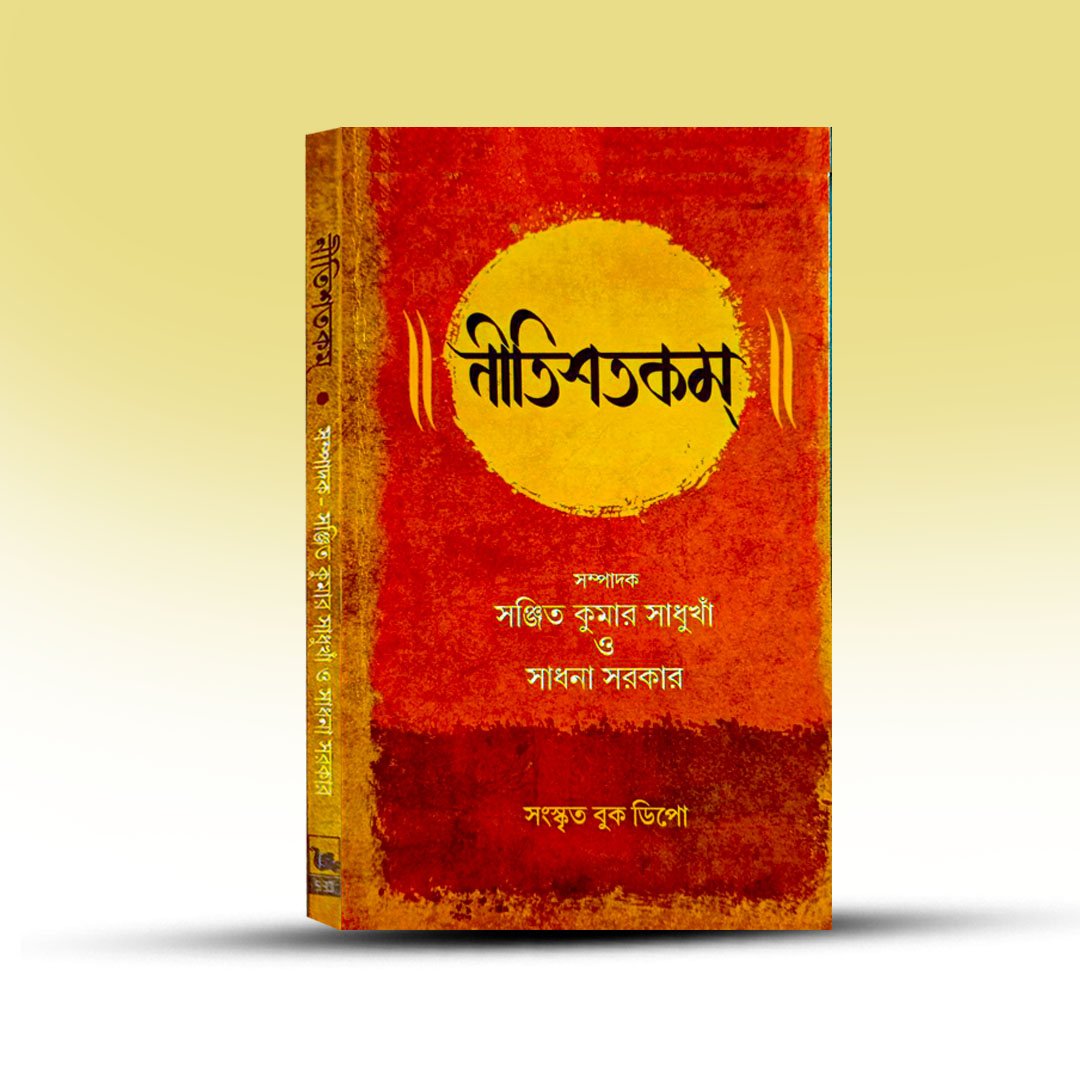
![SSC SLST Sanskrit Book - Sanskrit Eker Modhhey Tin [Sanskrit Book Dipo].jpg](https://boibipani.in/public/product/SSC SLST Sanskrit Book - Sanskrit Eker Modhhey Tin [Sanskrit Book Dipo].jpg)
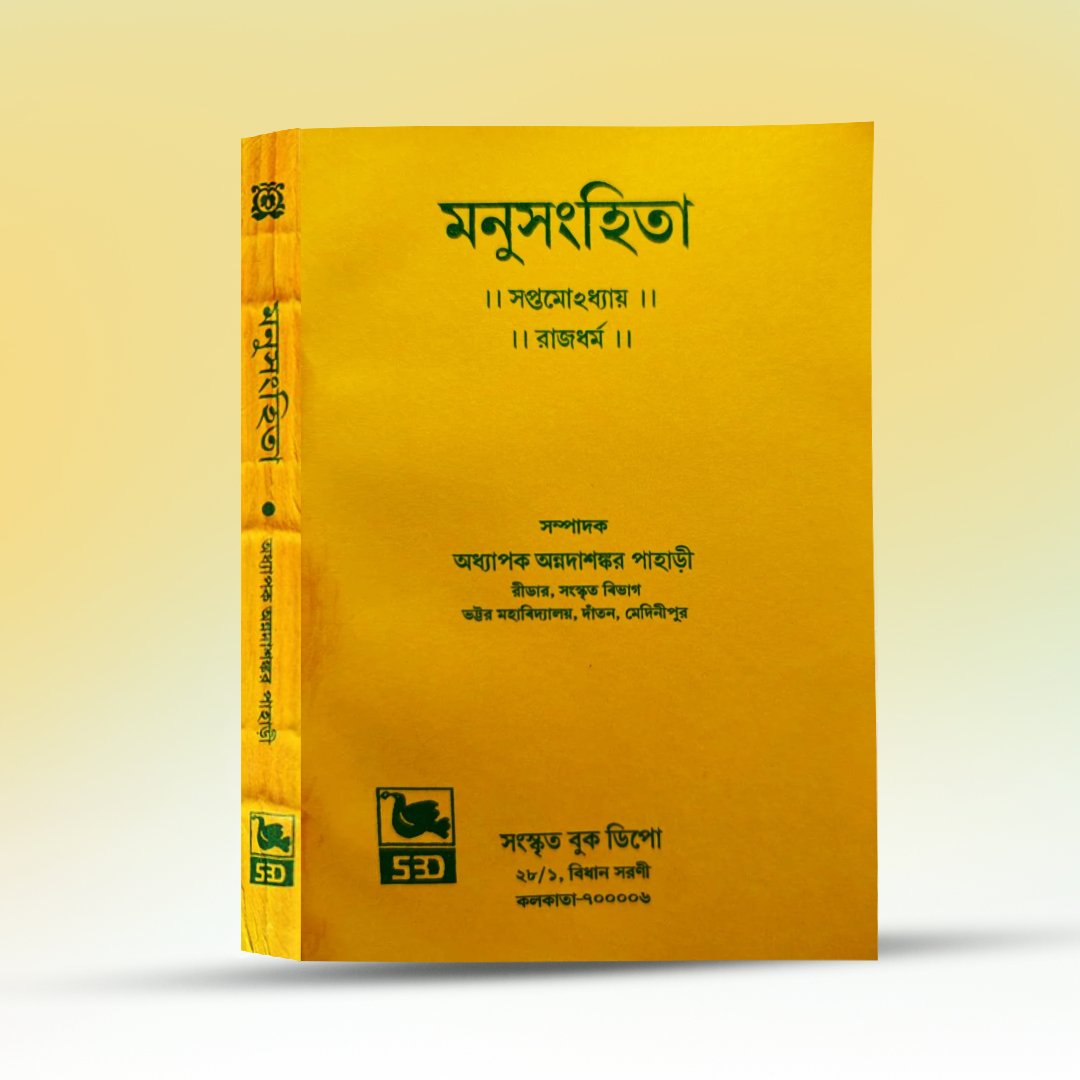
![Sanskrit Vedic Literature - Veder Porichoy [Sanskrit Book Depot].jpg](https://boibipani.in/public/product/Sanskrit Vedic Literature - Veder Porichoy [Sanskrit Book Depot].jpg)
![Sanskrit Grammar Book - Helps To The Study Of Sanskrit [Sanskrit Book Depot].jpg](https://boibipani.in/public/product/Sanskrit Grammar Book - Helps To The Study Of Sanskrit [Sanskrit Book Depot].jpg)
![Sanskrit Smriti Shastra - Manusanghita [Sanskrit Book Depot].jpg](https://boibipani.in/public/product/Sanskrit Smriti Shastra - Manusanghita [Sanskrit Book Depot].jpg)
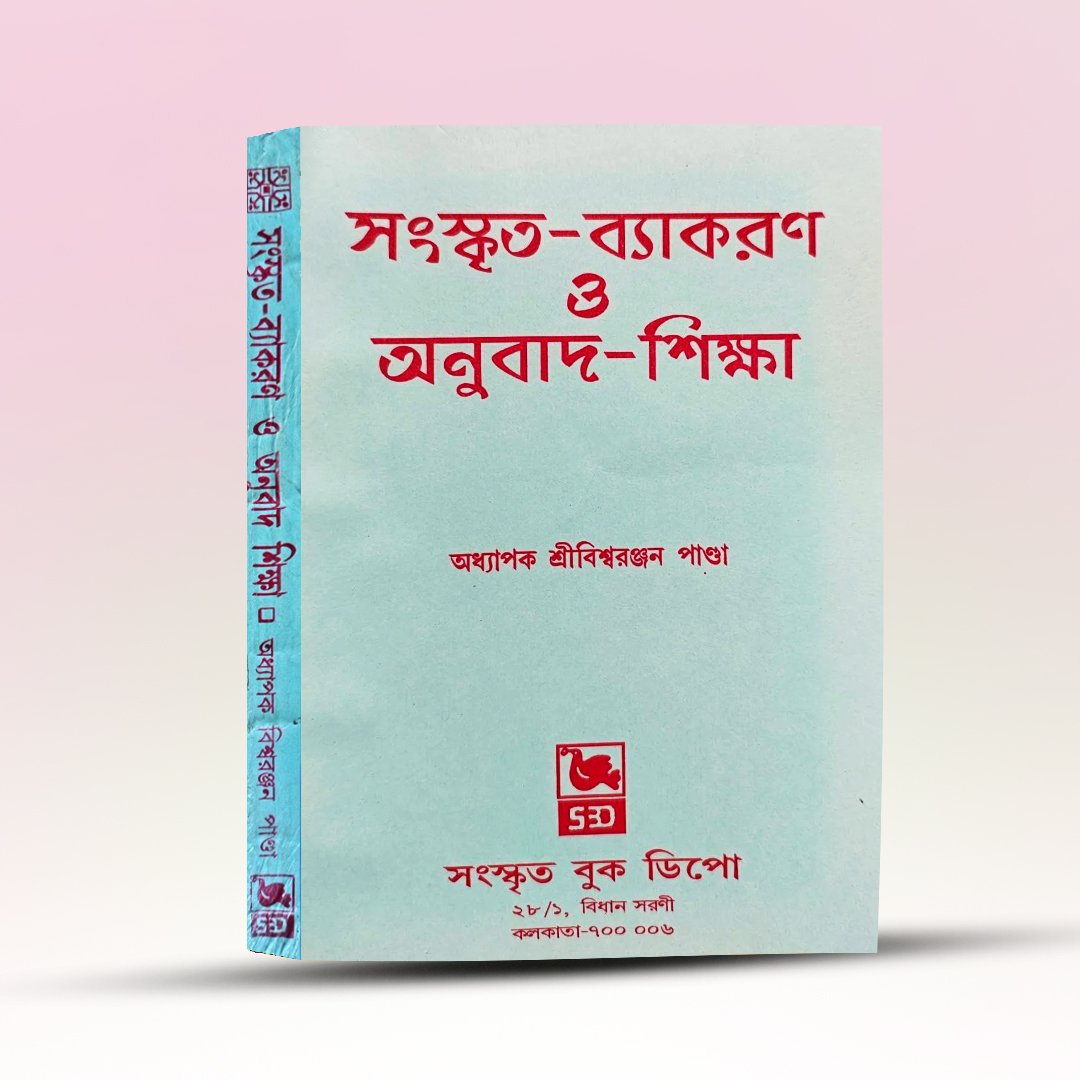
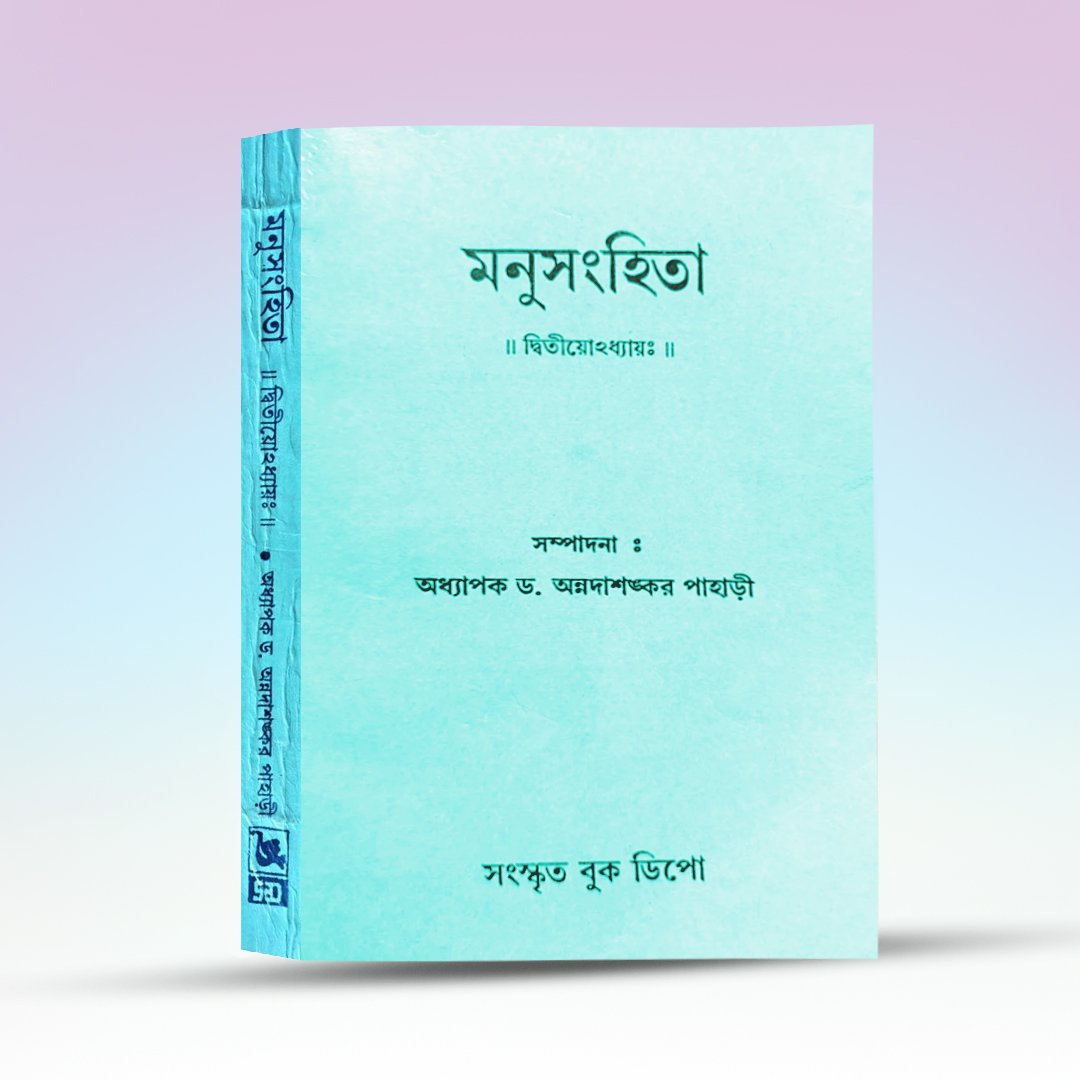
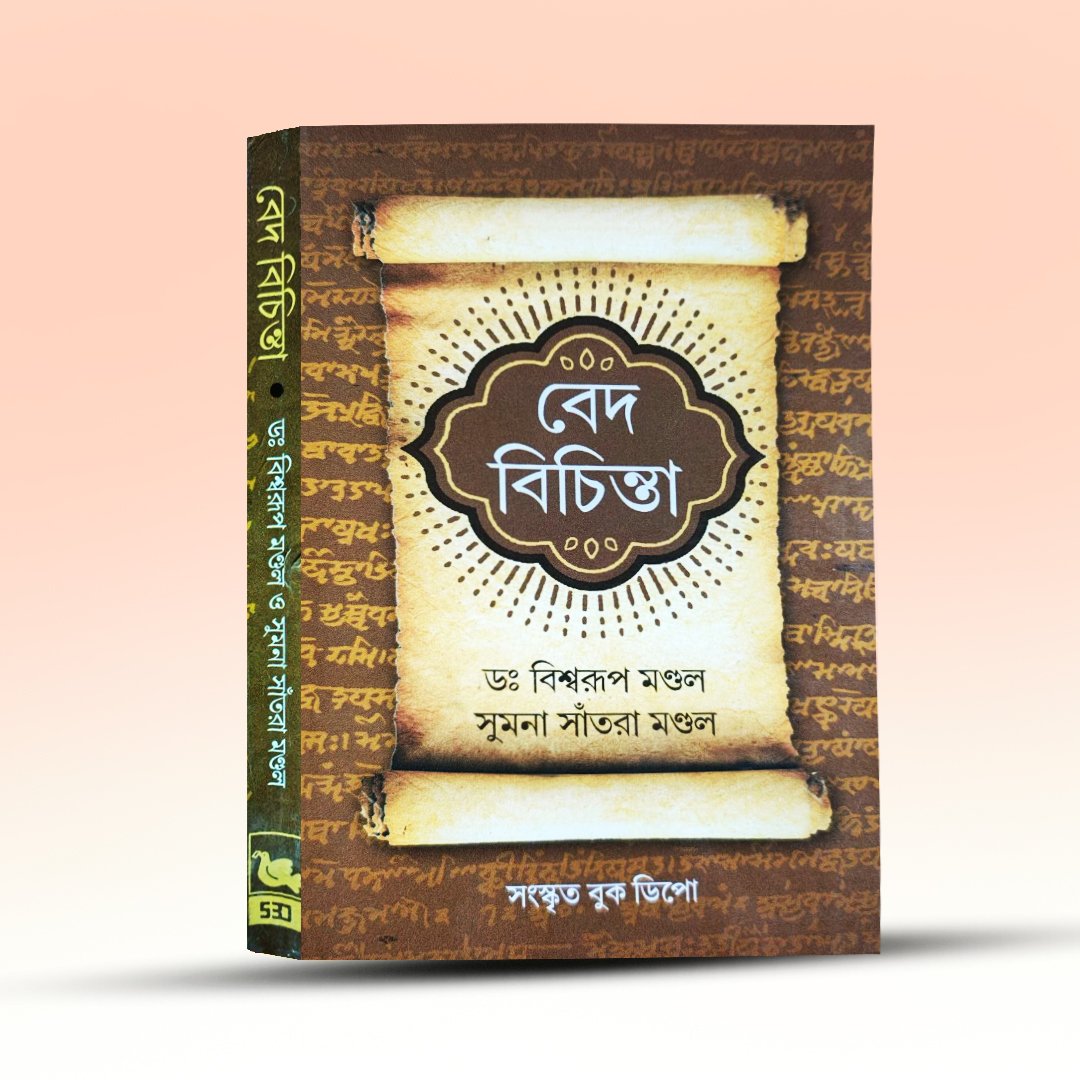
![Sanskrit Vedic Literature Book - Prasnattore Vaidik Sahitya [Sanskrit Book Depot].jpg](https://boibipani.in/public/product/Sanskrit Vedic Literature Book - Prasnattore Vaidik Sahitya [Sanskrit Book Depot].jpg)
![Sanskrit Sahitya Book - Meghdut O Parikrama [Sanskrit Book Depot].jpg](https://boibipani.in/public/product/Sanskrit Sahitya Book - Meghdut O Parikrama [Sanskrit Book Depot].jpg)
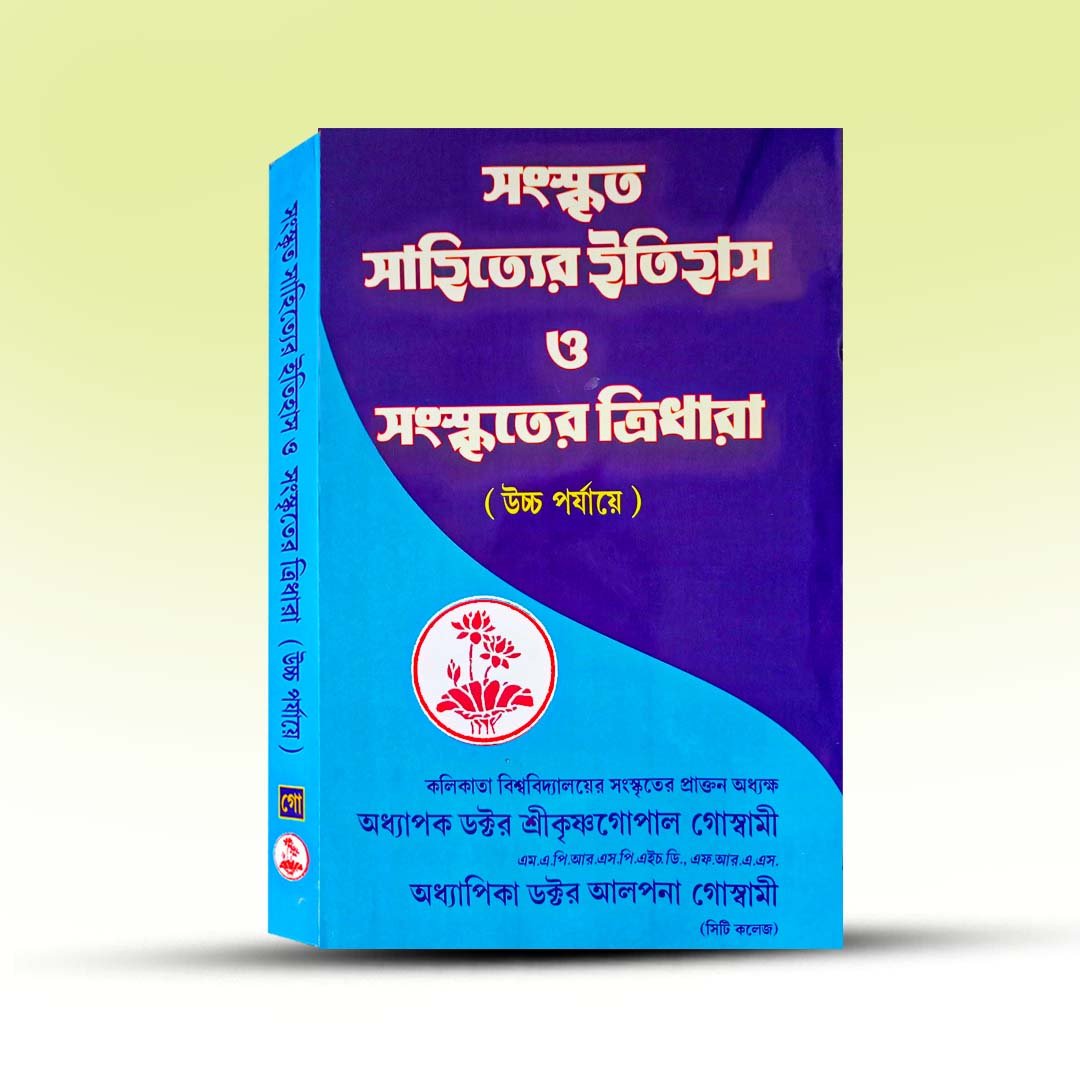


![Sanskrit Sahitya Shastra Book - Sahitya Darpan [Sanskrit Pustak Bhandar].jpg](https://boibipani.in/public/product/Sanskrit Sahitya Shastra Book - Sahitya Darpan [Sanskrit Pustak Bhandar].jpg)
![Sanskrit Sahitya Book - Abhigyanam Shakuntalam [Sanskrit Pustak Bhandar].jpg](https://boibipani.in/public/product/Sanskrit Sahitya Book - Abhigyanam Shakuntalam [Sanskrit Pustak Bhandar].jpg)
![Sanskrit Upanishad - Mahanarayan Upanishad [Dr Rakhesh Das].jpg](https://boibipani.in/public/product/Sanskrit Upanishad - Mahanarayan Upanishad [Dr Rakhesh Das].jpg)
![Sanskrit Grammar - Laghu Siddhanta Koumudi [Bipad Bhanjan Pal].jpg](https://boibipani.in/public/product/Sanskrit Grammar - Laghu Siddhanta Koumudi [Bipad Bhanjan Pal].jpg)
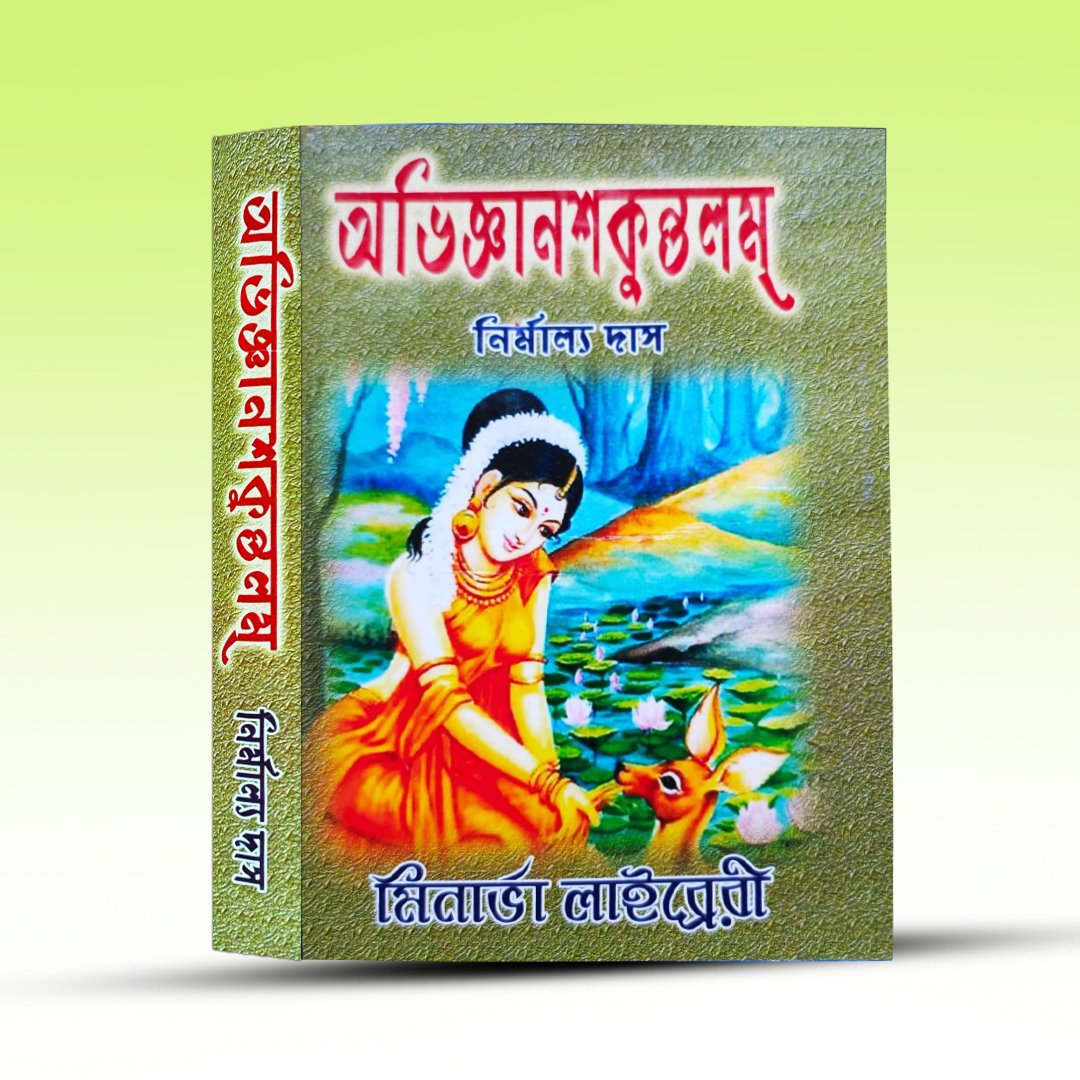
![Sanskrit Grammar - Sanskrita Byakaroner Upokramika O Anubadchandrika - [Sunil Kumar Jana].jpg](https://boibipani.in/public/product/Sanskrit Grammar - Sanskrita Byakaroner Upokramika O Anubadchandrika - [Sunil Kumar Jana].jpg)
